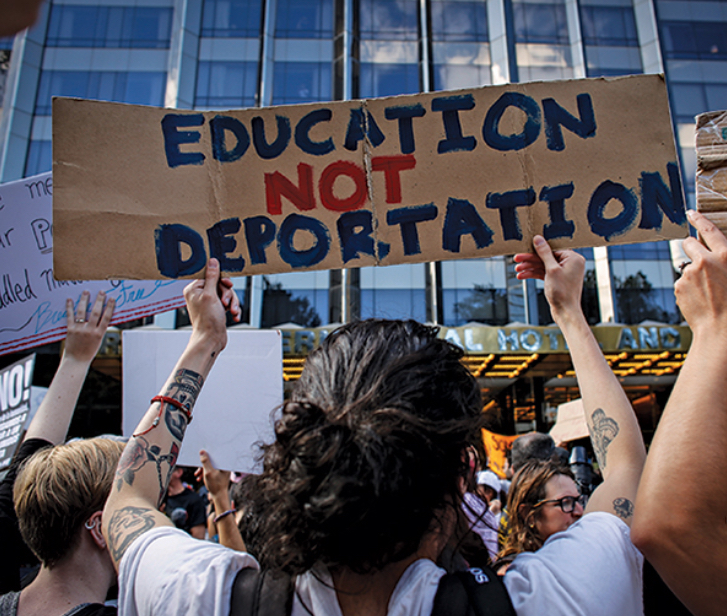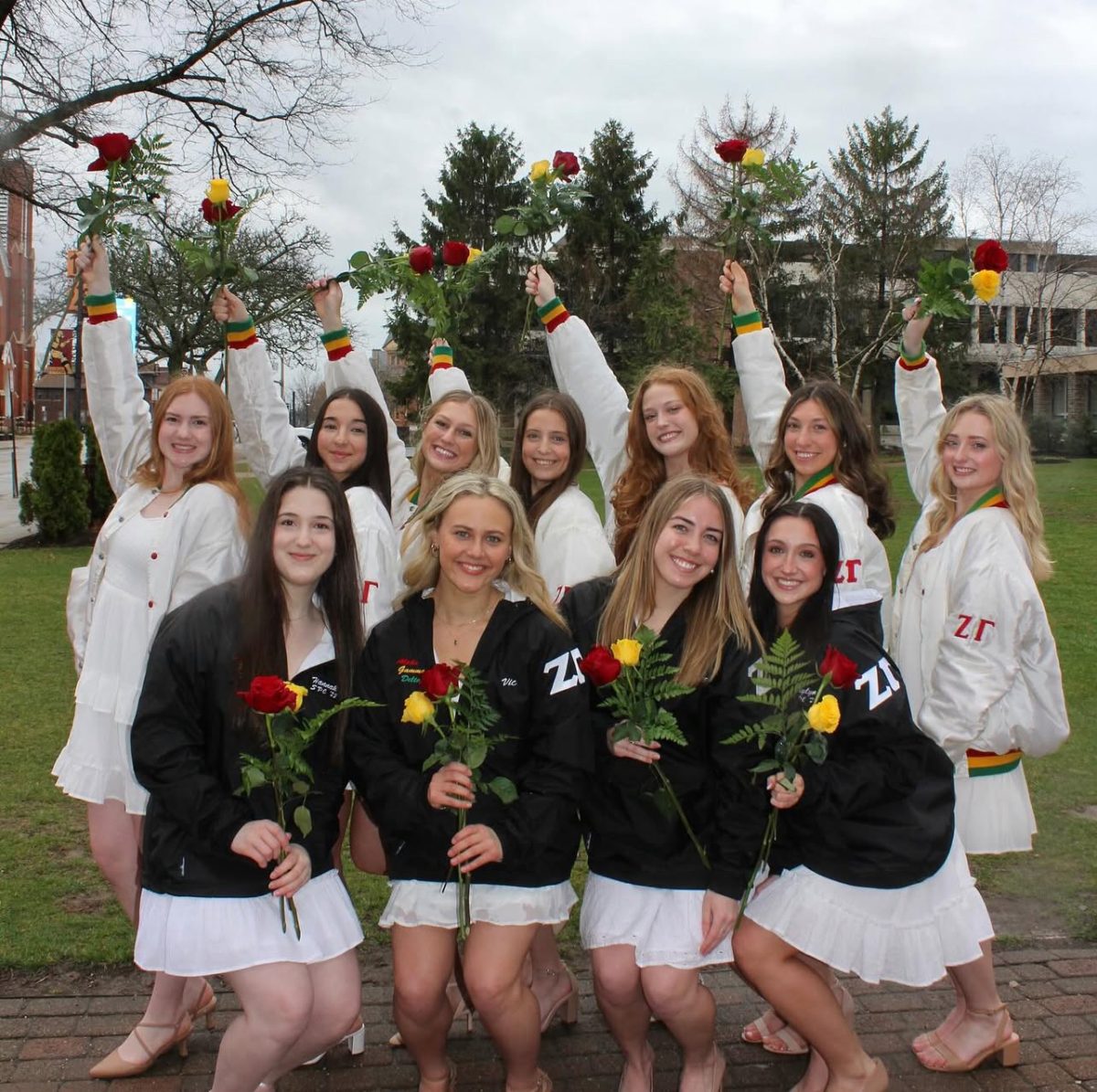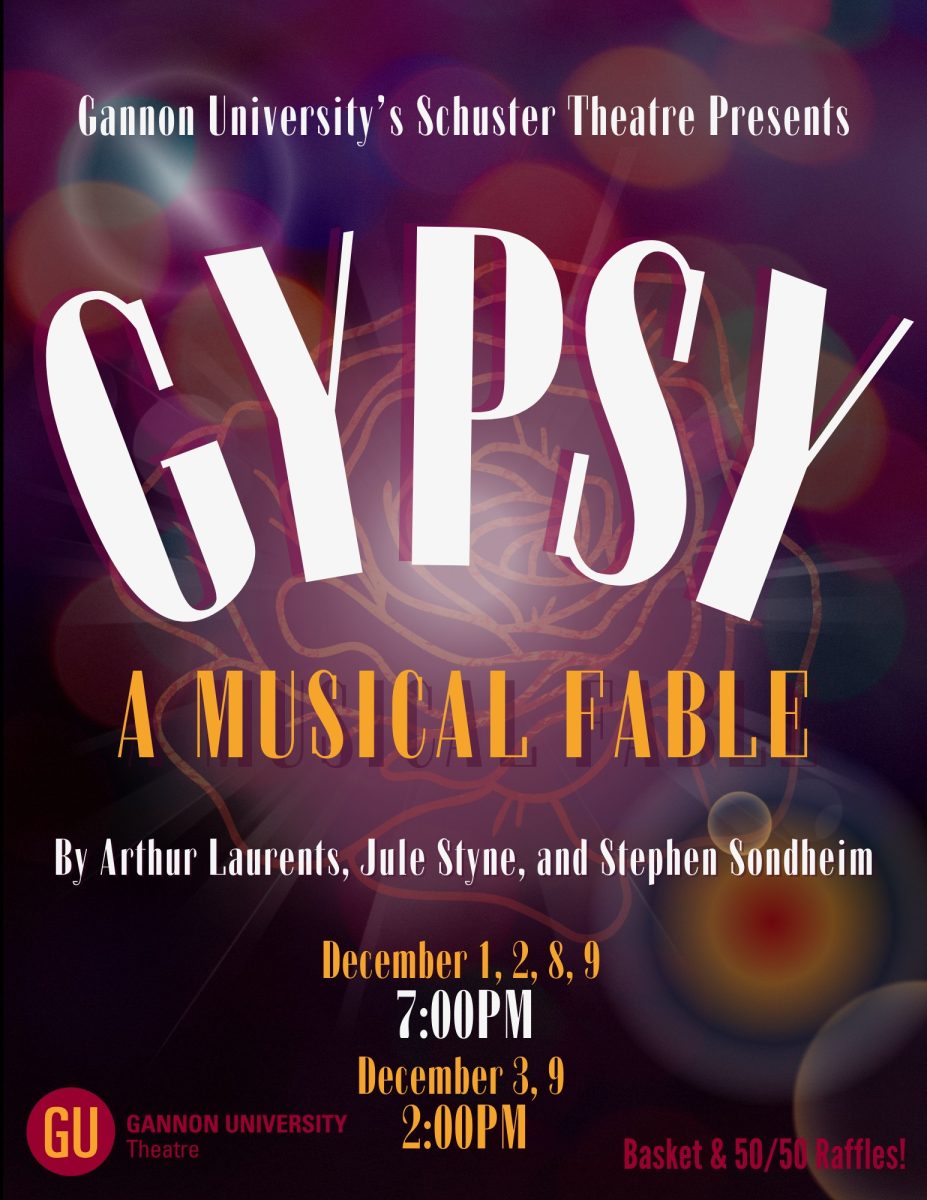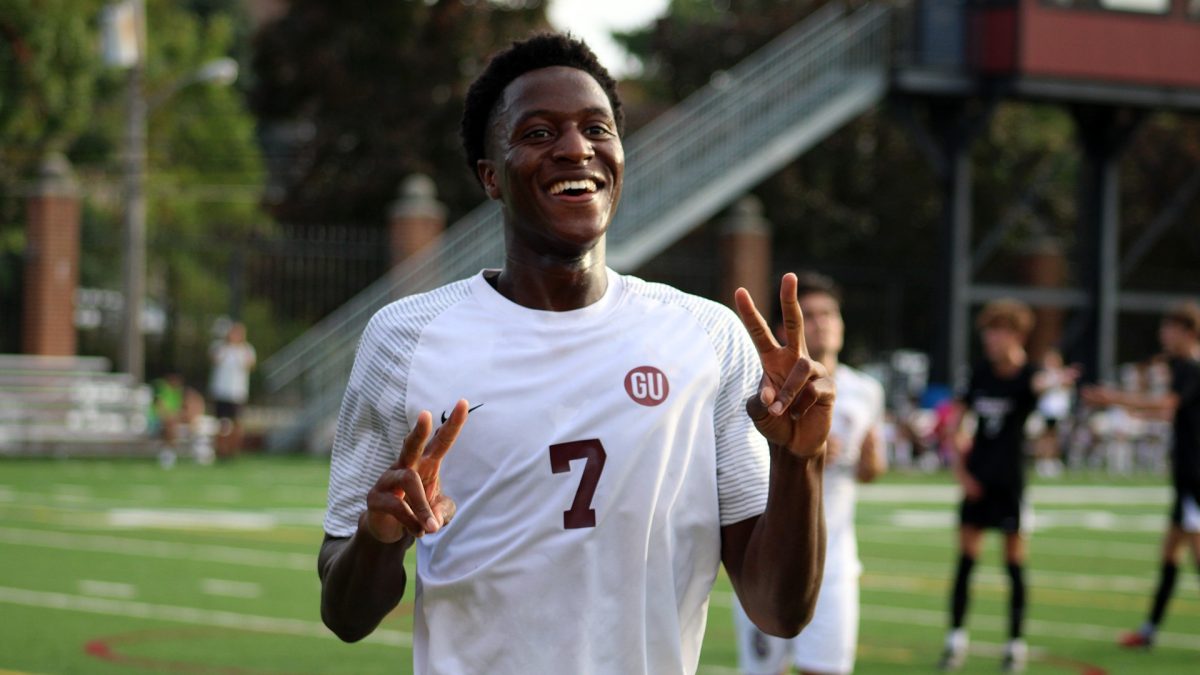Gannon remains “best value” when comparing various ranking systems
Gannon University was named a “Best Value” institution by the U.S. News & World Report 2014, but the weight this recognition carries must be weighed against the climate of the industry.
Consider this: according to the College Board, tuition and fees at private four-year colleges and universities are up 13 percent over inflation during the past five years. From the same source, the average sticker price per year is up to $39,518 – $29,056 for tuition and fees and $10,462 for room and board.
Gannon University is comparable to the national average with total sticker cost for students ranging from $37,506 to $40,776. Of this, $27,546 is tuition and fees ($1,510 below the national average) and $9,960-$13,230 for room and board (between $502 below the average to $2,768 above). According to the U.S. Department of Education, the highest tuition price for a four-year private nonprofit institution is $45,290 at Columbia University. The lowest is Berea College at $910.
That being said, it is important to remember that most students do not pay the full amount for their education. Rather, the amount of need-based aid is a major component to the distinction of “Best Value” awarded by the U.S. News & World Report.
On average, a Gannon University student will get $17,346 in need-based aid according to the U.S. News & World Report. However, that does not take into consideration other sources of funding for students such as merit-based aid and grants.
There are a number of awards for students including academic awards and competitions, as well as diocesan-related awards. These range from $500 to the Presidential Scholarship, which covers the cost of tuition.
During the past week, more than 400 students were surveyed by The Gannon Knight regarding the cost of education at Gannon.
When asked, “How much do you think the average full-time student pays to attend Gannon University?” Most students said the average amount was $20,393, a number that William Edmondson, vice president for enrollment services at Gannon, found to be a bit high.
Edmondson explained that while that number is close to the amount Gannon makes in revenue per student, it does not reflect the average cost per student once grants and third-party scholarships are factored into the equation.
“Yield is a function of discount,” Edmondson said. “We provide similar discounts for similar students and then adjust accordingly based on yield.
“We need to determine what discount will achieve the yield we need for that demographic of students.”
According to Edmondson, families of prospective students have gotten more sensitive regarding the price of higher education.
“We’re competitively priced, and compared to other institutions around the area, we are doing quite well in terms of enrollment.”
When surveyed by The Gannon Knight, 94 percent of students polled said they thought that they pay too much for education at Gannon. However, as Edmondson explained, that’s just the state of higher education.
“I don’t mind when students complain about the cost,” Edmondson said. “It’s simply the nature of higher education today. We’re competitively priced, and we’re always making efforts to make education here more affordable.
“It goes back to our roots when Bishop Gannon founded Cathedral College to help educate the paper boys. While some other institutions may believe that a higher sticker price means more prestige, we’ve stuck to our roots.”
One option that some institutions are considering is a tuition reset. This involves reducing the overall sticker price by cutting the current discount rate. According to the Chronicle of Higher Education, several schools have employed this tactic, including Ashland University, Concordia University, Seton Hall University and Wilson College.
Converse University reset its tuition in August of 2013 by cutting price down 43 percent from $29,124 to $16,500. Generally speaking, this strategy involves simultaneous cutting tuition costs as well as aid. Sources in the Chronicle explain Generally speaking, this strategy involves simultaneous cutting tuition costs as well as aid.
Sources in the Chronicle explain that tuition resets are often a short-term strategy for growth in a university that can accommodate an influx of students without needing to build new facilities.
“You’ve got to do all kinds of research before you jump into something like that,” Edmondson said. “We currently do price sensitivity studies to keep track of what the best position is for us to have in the marketplace.
“If we determine something like that would benefit the university and our students, I think we would pursue that.”
Edmondson highlighted the unique situation each of the schools that performed a tuition reset had, including atypically high discount rates and few students who paid the full ticket price.
“Everything is about interdependent variables,” said Edmondson. “Higher education is a very labor-intensive industry. I think over 66 percent of our budget goes to salary and fringe benefits.
“If you push somewhere you’ve got to give somewhere else.”
Yet another gauge of a university’s value is a site called “PayScale.com.”
This site differs in methodology from U.S. News & World Report by aiming to determine the return on investment (ROI) of a university by weighing the cost against the salary a student is expected to make after graduation.
In this metric, Gannon is ranked near the top third of all institutions, coming in at 545 out of 1511 and having a mid-career salary ranked 181 out of 582.
While not as flashy and well-known as the U.S. News & World Report, PayScale offers an interesting approach in determining the worth of higher education.
Regardless of what organizations such as PayScale and U.S. News & World Report say, students will ultimately determine whether or not Gannon maintains the recognition as a value in the North through applications and enrollment.
MICHAEL HAAS












